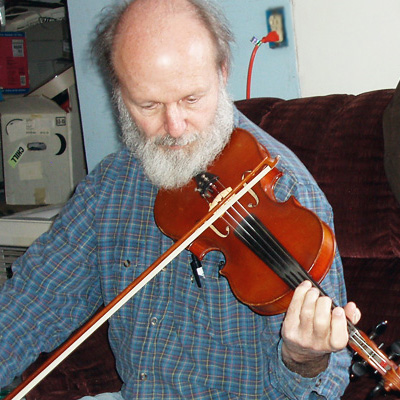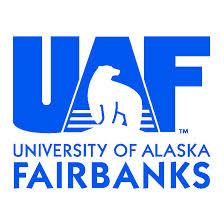How fostering self-reliance reduces community dependence on external assistance in Alaska and globally
Alaska's climate is changing at twice the global average rate. In addition, Native communities in rural Alaska occupy the most extensive area of poverty in the United States, yet they pay the highest costs in the country for fuel, food, and other commercial goods. All the while, state and federal funding to support infrastructure and social programs in rural Alaska is declining. Nonetheless, Native people living in these communities are proud of their ability to live off the land and sea and to adapt to change. Dr. Stuart Chapin, of the University of Alaska Fairbanks, collaborates with these communities to identify their vision for long-term sustainability and adaptive strategies to meet global-change challenges. By matching technical expertise from the university with community-identified grand challenges, communities are empowered to become more self-reliant by solving their own problems and adapting to change. In addition, Alaskan communities serve as a case study to show how other communities can thrive in adverse conditions globally.
The environmental, economic, and social challenges faced by communities in rural Alaska are broadly similar to issues faced by developing nations throughout the world except that Alaska has the financial resources to solve these problems if cost-effective pathways toward self-reliance can be defined and implemented. Dr. Chapin collaborates closely with his team, including Todd Brinkman and Krista Heeringa, to address effects of climate, fuel costs, community engagement, and more. Their research therefore uniquely integrates multiple dimensions of global-change impacts, leading to practical solutions for long-term self-reliance. Through passionate community engagement, rigorous research, and active listening to Native Alaskans, Dr. Chapin's research documents the consequences of global change and adaptive responses by rural Alaskan communities. This guides development of strategies that empower local communities in Alaska and globally to solve their own problems and reduce their dependence on external assistance.
Current research collaborations with Alaska indigenous communities include:
-
Nutritious and Affordable Food: Dr. Chapin and his colleagues have investigated how climate change is affecting rural Alaskan communities and their ability to hunt and fish. Their research has identified ways to make nutritious wild foods more accessible by connecting community members with groups that regulate fish and wildlife harvest.
-
Renewable Energy: Dr. Chapin collaborates with colleagues to increase the energy efficiency of buildings and develop locally appropriate forms of renewable energy to reduce dependence and expense of imported diesel fuel.
- Coastal Erosion and Wildfire: Dr. Chapin and his colleagues work with communities to reduce their vulnerability to climate-change-induced increases in coastal erosion and wildfire.
Bio
Dr. Chapin is Professor Emeritus of Ecology at the University of Alaska Fairbanks. He is a past president of the Ecological Society of America and member of the U.S. National Academy of Sciences. He founded the Resilience and Adaptation Program at the University of Alaska to train graduate students to integrate ecological, economic, and cultural dimensions of sustainability as a basis for practical solutions to challenges posed by rapid global change.
Growing up in North Carolina and Washington state, Dr. Chapin loved being outside. After his freshman year in college, he knew he wanted to be a biologist in order to understand how nature works. While in the Peace Corps, Dr. Chapin taught biology to high school teachers in Colombia. His love of nature and curiosity about how nature works then led him to a research career in ecology. Dr. Chapin's fascination in understanding how nature works also led him to publish four books: a Spanish translation of a process-based high-school biology textbook and three university textbooks: Plant Physiological Ecology, Ecosystem Ecology, and Ecosystem Stewardship.
In addition to his interest in nature and systems, Dr. Chapin has an immense concern for people who are underrepresented. He participated in Civil Rights demonstrations in high school and college, and, as he was finishing his graduate degree, he and his wife adopted an Athabascan Indian baby. As their son, Mark, grew up with them in Alaska, Dr. Chapin and his family watched and learned about the challenges faced by Athabascan Indians and other Alaska Native Peoples and become concerned about their future. Dr. Chapin's current research involves the development of strategies and collaborations that allow Alaska Native communities to thrive and become more self-reliant in a world of rapid environmental and social change.
Website: www.terrychapin.org
In the News
Center for Humans and Nature
Publications
Awards
Member National Academy of Sciences
American Academy of Arts and Sciences
Sustainability Science Award
Ecological Society of America
Usabelli Award, 2000
Top researcher in all fields; Univ. of Alaska
Outstanding Faculty Member, 2002
Selected by students; Univ. of Alaska


